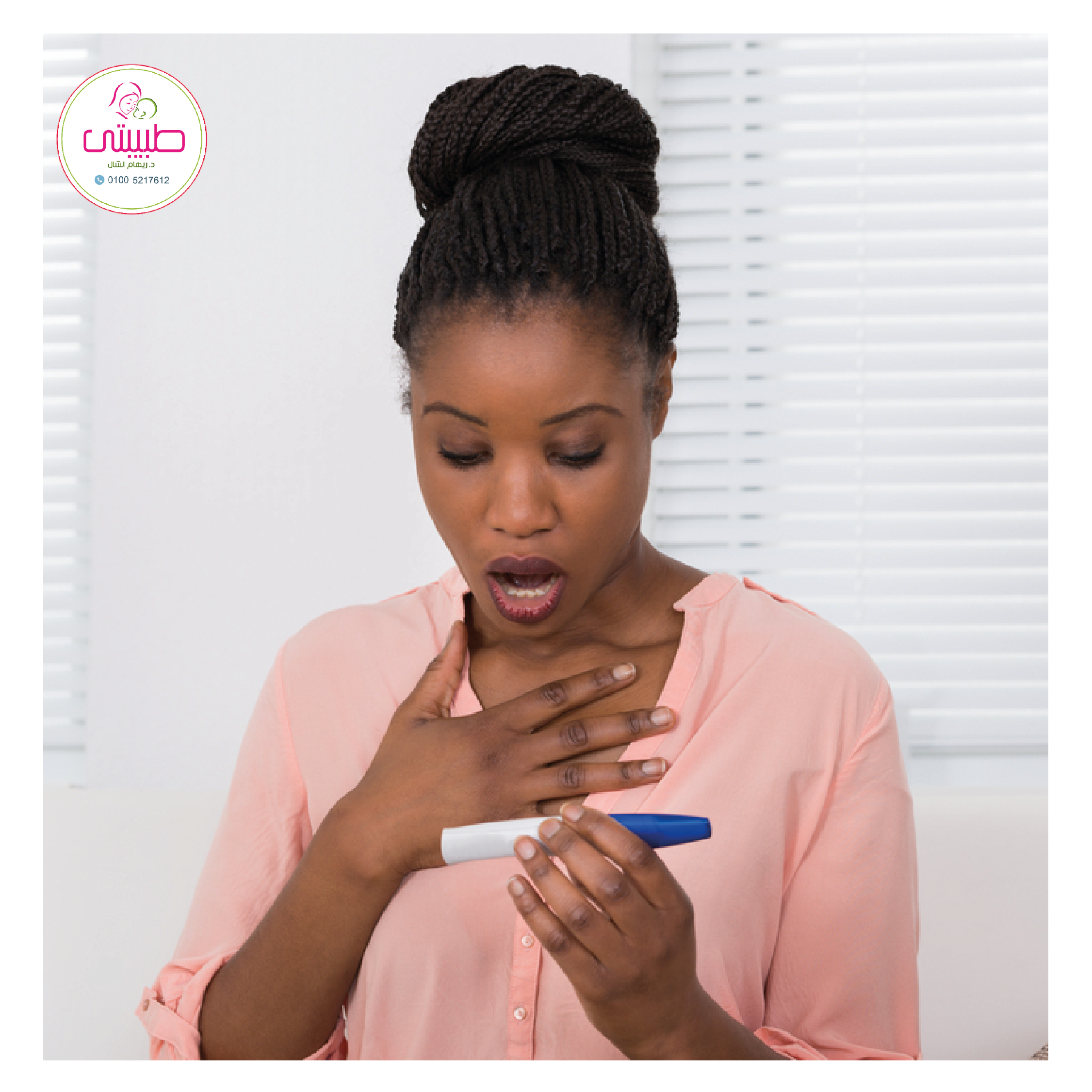Medications That Affect Fertility and May Delay Pregnancy: Be Cautious!
If you’re planning to get pregnant, it’s very important to be aware of certain medications that may affect fertility for both the husband and the wife.
Not every medication we take is safe during the conception phase—some may interfere with ovulation or reduce sperm quality.
Let’s take a look at the most important medications to be cautious about:
1. Stomach Medications like “Motilium” and Similar Drugs
Although they are used to regulate bowel movements, some of these medications can increase the prolactin hormone in the body, which may weaken ovulation or cause menstrual irregularities, ultimately affecting fertility.
If you are taking such medications, it’s crucial to consult your doctor and explore safer alternatives.
2. Immunosuppressants and Cortisone
People taking medications to treat autoimmune diseases (like lupus or rheumatoid arthritis), or those who have had organ transplants, often take immunosuppressive drugs.
These drugs may lower fertility as they affect hormonal balance and increase insulin resistance, which may weaken ovulation or negatively impact sperm production.
Watch the video here:
3. Anti-inflammatories and Aspirin
Non-steroidal anti-inflammatory drugs (NSAIDs) like aspirin can sometimes affect ovulation.
Although we occasionally prescribe them to improve blood flow, random use or high doses may have the opposite effect.
This doesn’t mean they’re always harmful, but their use should be calculated and medically supervised.
4. Antidepressants
Most antidepressants may affect the brain centers that regulate hormones, leading to disturbed hormonal secretion necessary for ovulation or sperm production.
If you’re taking psychiatric medications, talk to your doctor about safe alternatives during the pregnancy planning phase.
5. Thyroid Medications
Whether you’re being treated for hyperthyroidism or hypothyroidism, the dosage must be carefully controlled.
Any imbalance in medication levels can cause prolactin disturbances or ovulation issues, ultimately affecting fertility.
6. Gym Hormones and Anabolic Steroids
Men who take muscle-building steroids or medications containing testosterone need to know that these substances signal the brain that the body doesn’t need to produce other hormones.
This can severely reduce or even stop sperm production.
7. Smoking and Excess Caffeine
We all know the harms of smoking, but it’s worth repeating:
Smoking and excessive caffeine intake can affect sperm quality and weaken ovulation.
So, it’s important to cut back or quit completely while planning for pregnancy.
8. Hormonal Hair Treatments
If you’re using hair treatments that contain estrogen, you should know that these may signal the brain to stop producing natural ovulation hormones, potentially leading to disrupted ovulation and delayed conception.
9. Chemotherapy and Radiation Therapy
Unfortunately, chemotherapy and radiation are among the most harmful treatments to fertility because they attack rapidly dividing cells, including those in the ovaries or testes.
It is absolutely essential to discuss fertility-preserving options with your specialist before starting these treatments.
10. Some “Natural” Herbs
Not every herb is safe!
Some herbs can affect hormones or ovulation.
Herbal medicines should always be taken under medical supervision, especially when planning for pregnancy.
Summary:
• Not all medications are safe during the conception phase.
• Always consult a doctor before taking any medication, even if it seems simple or herbal.
• Ask yourself:
• Could this medication affect fertility?
• Does it have long-term effects on pregnancy?
And if you’re struggling with infertility, we’ve collected all relevant topics on delayed pregnancy in detailed lessons with scientific and structured information to help you reach the motherhood dream you truly deserve:

